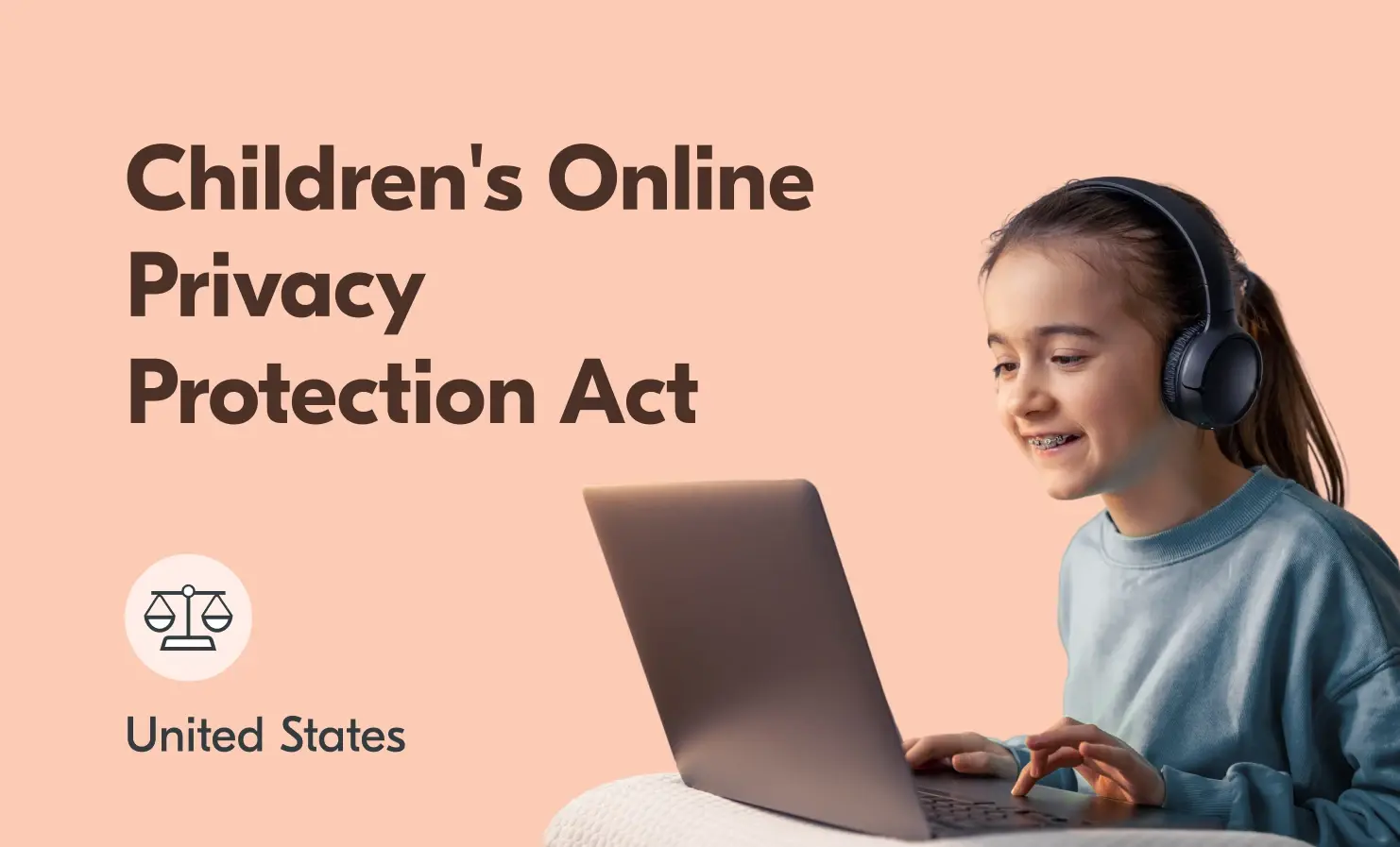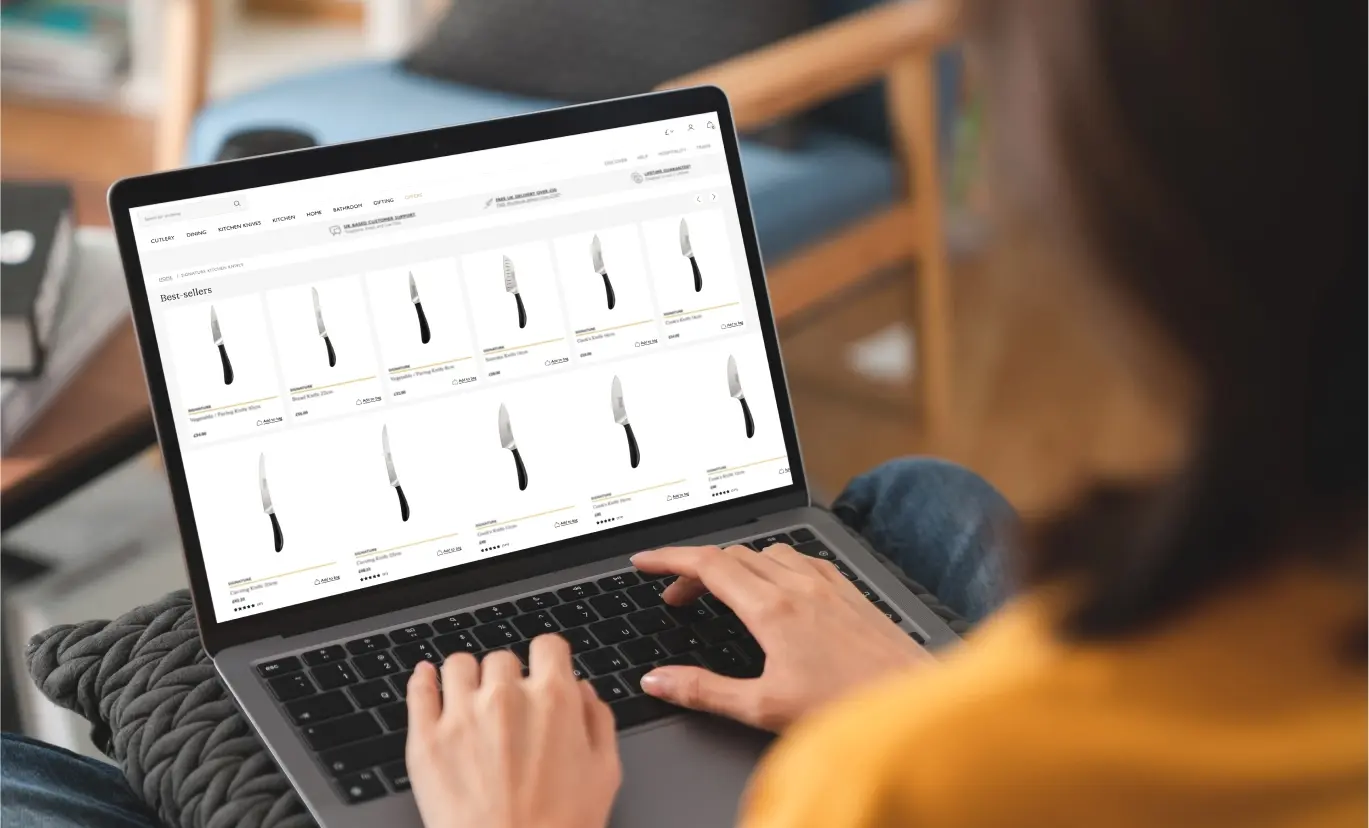
Key facts about age verification on adult websites:
- In the UK, adult websites have to comply with the Online Safety Act
- Ofcom is the regulator for online safety in the UK
- Other countries have introduced or are introducing age verification for adult content
- There are a number of different age verification methods available
- Age verification methods operate with the strictest privacy standards
- Some methods don’t require you to use an identity document
As the internet continues to evolve, concerns about online safety, privacy, and ensuring age-appropriate content have become more important. A widely discussed issue in recent years is the implementation of age verification on adult websites to prevent children from accessing inappropriate content.
In this blog, we answer some of the most common questions about age verification on adult websites.
What are the age verification regulations for adult websites?
The UK has been discussing and developing age verification measures for adult content for several years. Key pieces of legislation include:
The Digital Economy Act (2017) was a law introduced by the UK Government that included measures to prevent children from accessing pornographic content online. But its implementation was delayed multiple times and eventually scrapped in 2019.
The Online Safety Act built on the Digital Economy Act. It was passed into law in 2023 and requires stricter age verification and enforcement mechanisms for adult content platforms. The Online Safety Act places responsibility on platforms to ensure their content is not accessible to anyone under the age of 18 and introduces penalties for non-compliance.
Regulated providers of pornographic content fall under Part 5 of the Online Safety Act and had to start complying in January 2025. All other platforms with adult content, including user-to-user platforms and search services, have a clear deadline to comply by July 2025.
Does age verification apply to all adult websites?
Under the Online Safety Act, services that publish or allow pornography on their sites must explicitly use age assurance measures to prevent children from accessing this content. This includes user-to-user sites, search services and publishers of pornographic content.
If a platform has pornographic content – including video, images and audio – they must take steps to ensure children can’t encounter it. This can be done using highly effective age assurance to prevent children from viewing adult content.
Who is the regulator for age verification?
Under the Digital Economy Act 2017, the UK Government appointed the BBFC as the Age Verification Regulator because of its knowledge of online regulation and proven experience in classifying films, videos, websites and more.
However, the Digital Economy Act was abandoned and the Government introduced the Online Safety Act instead. The Government named Ofcom as the regulator to oversee and enforce the Online Safety Act.
What if an adult website doesn’t comply with the UK Online Safety Act?
Ofcom has the power to impose a penalty of up to 10% of qualifying worldwide revenue or £18 million (whichever is greater).
What about sites that are based in another country, with a different legal system? How will they be made to comply?
If an adult site is accessible in the UK it will need to implement age verification solutions. Sites based in another country, that serve content to UK audiences, will still need to comply with the Online Safety Act.
Do other countries do age verification?
In response to growing concerns about children’s access to inappropriate content online, many countries have introduced, or are in the process of introducing, age verification for adult content.
Some of the more notable regulations include:
In France, Arcom, the French regulator responsible for online porn, requires adult operators and platforms with pornographic content to use age checks, ensuring only adults can access the content. These rules came into effect on 11th January 2025.
Germany has one of the most stringent regulatory environments in the world, in particular when it comes to accessing adult content online. Previously, adult websites had to verify the age of their users by asking them to use a physical identity document, either in person (by buying a card from a store), via an app or via a video call.
However, in 2022, the German regulator, KJM, approved Yoti facial age estimation technology for 18+ adult content. Under German regulations, regulated businesses must set an age threshold with an agreed buffer of 5 years. This means that for websites that require you to be over 18, Yoti’s technology must estimate you to be at least 23 years old.
The vast majority of US states are now in the process of enacting new age verification laws. This means that users will have to prove their age before they can access websites which host certain types of content. Louisiana became the first state to introduce these age checks. Following this, several copycat laws were passed across other states including Arkansas, Florida, Kansas, Mississippi, South Dakota, Texas, Virginia and West Virginia.
What are the different age verification solutions adult sites could use?
There are a number of age verification solutions on the market. Many adult websites will offer a variety to give their customers a choice.
Some of the age verification solutions which Ofcom deem to be highly effective for adult content include:
- Photo ID documents. Users upload a government-issued ID (such as a passport or driver’s licence), which is checked for authenticity. Checks should also be done to ensure the owner of the document is the one using it.
- Credit card or open banking. Users can verify their age by providing a valid credit card or banking information, under the assumption that these financial services are only accessible to adults.
- Facial age estimation. The technology can estimate a user’s age based on their facial features. This method provides a privacy-friendly alternative by verifying age without storing personal data.
- Digital ID wallets. Digital IDs, such as the Yoti app, let users anonymously share an ‘over 18’ proof of age credential.
What data will I be required to share when I prove my age?
Age verification methods follow strict privacy standards, and the data you share depends on the method you choose. Some solutions require specific details—for example, if you opt for credit card verification, you’ll need to provide your credit card details.
With certain solutions, you can share only your age or age range (such as ‘over 18’) without revealing any other personal details. For instance, when using the Yoti app, you only share confirmation that you are 18+. No other personal information is required.
And with Yoti facial age estimation, you don’t need to share any identity documents, financial information or details like your name, address or date of birth. This technology accurately estimates a person’s age from a live facial image, without storing or retaining the image. In fact, our system has completed over 750 million age checks, and every single image has been deleted immediately afterwards.
Won’t adults just use the ‘dark web’ or a VPN to access adult content instead?
There will be no need to visit the dark web because there are a host of suitable, privacy-preserving solutions adults can use to access age-restricted content.
Additionally, age verification will make it much harder for children to stumble across harmful or inappropriate content, which is a huge step forward in terms of online safety.
What happens if there is a technical glitch? Could children slip through the net?
The sanctions enforced by the regulations make it unlikely that an adult site will neglect to ensure its systems work effectively. Adult operators and age verification providers will ensure their technologies are suitably robust.
Will children use fake IDs or try to use their parent’s credit card or phone number?
This will be difficult to do on websites using sensible age verification solutions. For instance, if someone uses their photo ID document, the age verification provider should complete a number of checks – face matching, document authenticity checks and liveness detection.
These checks would ensure the right person is presenting the document, the document is authentic, and that a real person is completing the age check. The combination of these checks would make it very difficult for someone to use a fake ID.
The age verification tools are designed to work alongside education about staying safe online, to help make the internet a safer place for children. This isn’t intended to put people off accessing porn; it’s simply to ensure that only adults can access the content. They’ll have a variety of privacy-preserving age verification solutions to choose from and adult sites will want to get their customers verified quickly and efficiently.
Age verification on adult websites is a crucial step toward protecting minors and building a safer online world.
Please get in touch to learn more about Yoti’s age verification solutions, or if you have other questions about age checks for adult content.



